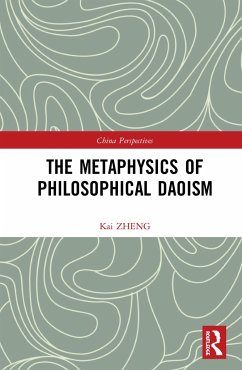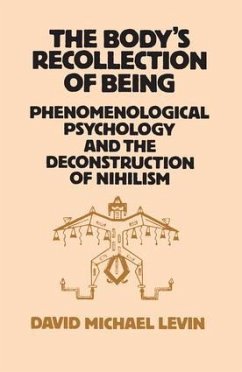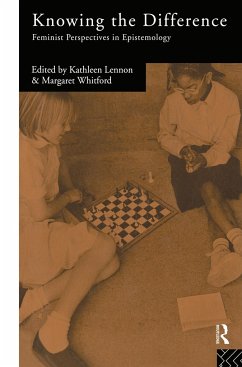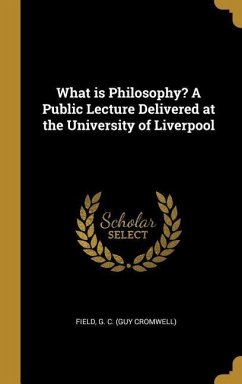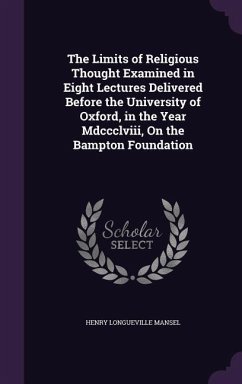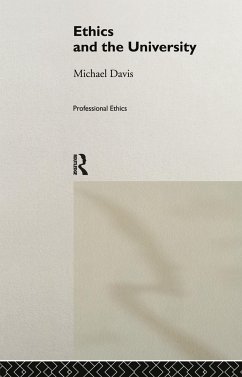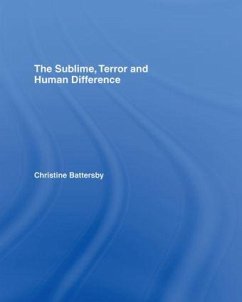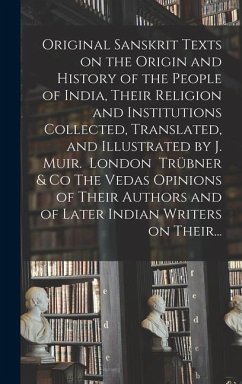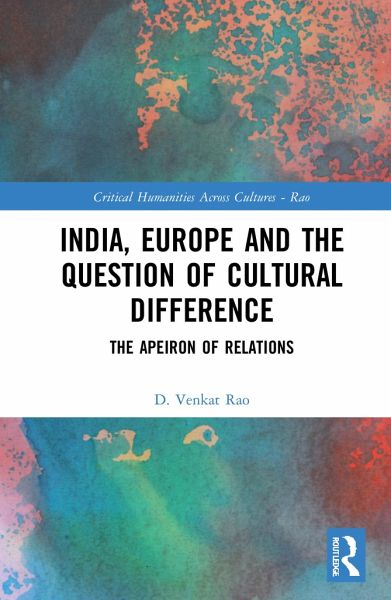
India, Europe and the Question of Cultural Difference
The Apeiron of Relations

PAYBACK Punkte
84 °P sammeln!
This book examines the question of cultural difference and living with diversity in India and Europe, with a focus on the key differences in understanding essential categories of learning such as art, nature, human, relation, action, literature, philosophy, and humanities.





